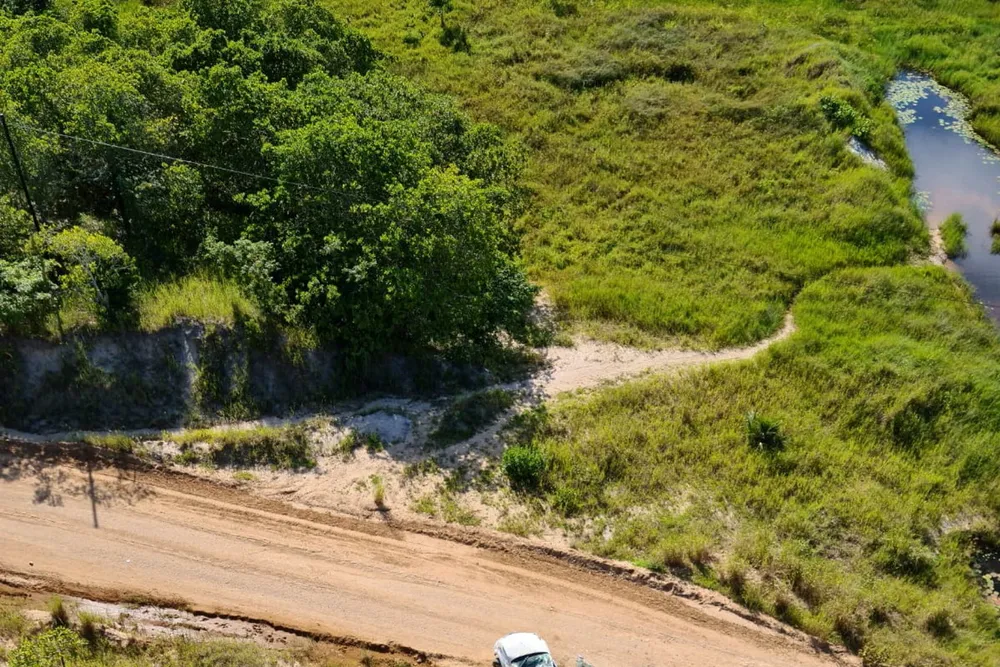Palma rocked by attacks as fighting continues in gas-rich Mozambique region
Insurgents battle with security forces as government attempts to regain control of partly-destroyed town

Insurgents battle with security forces as government attempts to regain control of partly-destroyed town
